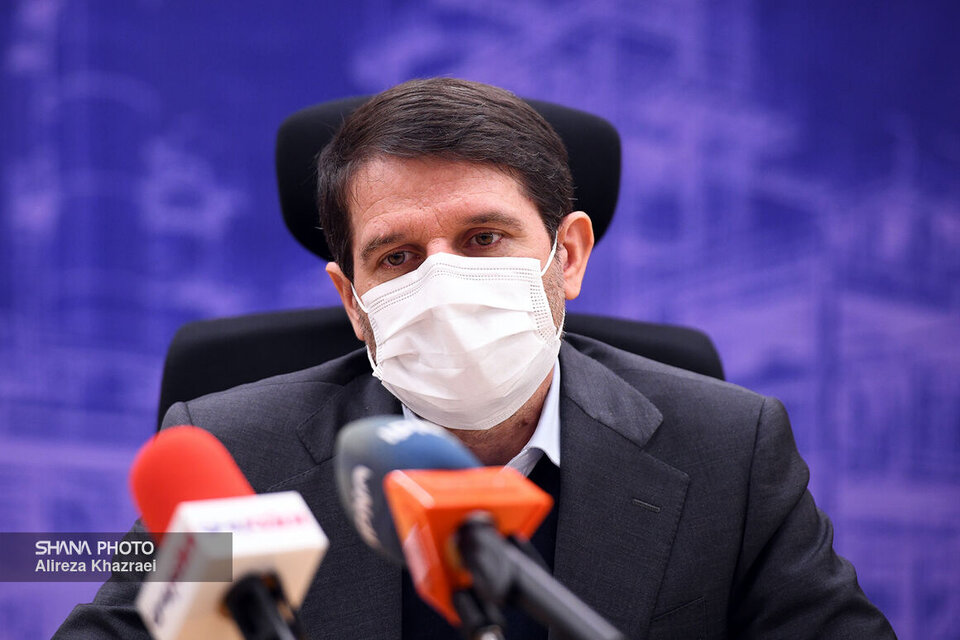On Saturday, Hassan Abbaszadeh, during a signing ceremony of an MOU between NPC and Zagros Petrochemical Company to utilize the plant’s capacity in a campaign to reduce gas and electricity consumption by 10% in the residential and commercial sectors, stated: “Iran has vast natural gas reserves, and currently, over 800 million cubic meters of sweet gas are produced daily.”
He went on to say that “I would like to thank all colleagues at the National Iranian Oil and Gas Company for maintaining the gas network during these challenging times.”
Despite the significant volume of gas production, Abbaszadeh noted that gas is not being used optimally, especially in the winter months, when up to 700 million cubic meters per day are allocated to the residential, commercial, and small industries sectors.
He pointed out that approximately 50% of the country’s gas production is consumed by these sectors, while 26% is used by power plants. However, due to their low efficiency, power plants do not utilize gas resources efficiently, and optimization in this area is necessary.
Abbaszadeh identified securing a sustainable feedstock supply as the main challenge to achieving the petrochemical industry’s target of 131 million tons of production capacity in the Seventh Development Plan.
He explained that, due to inefficient energy use, about 21% of the current petrochemical capacity cannot be utilized, despite an $18 billion investment made for this capacity.
The official emphasized that, given the challenges to investment in the country, it is crucial to maximize the use of this existing investment.
Exploring sustainable feedstock solutions
Abbaszadeh discussed the establishment of a committee to address sustainable feedstock solutions within NPC, noting that all possible strategies are being reviewed.
One solution involves investing in oilfields, which have been identified and made available to investors. He called for an expedited process for signing contracts related to these fields, adding that he had urged the oil minister last week to accelerate this process.
The use of associated gas is another strategy for ensuring sustainable feedstock for the petrochemical industry. Abbaszadeh mentioned that significant progress has been made in utilizing gas from the Bidboland Gulf Refinery, Maroun Petrochemical Company, and the NGL 3100 project.
The NGL 3100 project is set to be operational this year. Given that the Dehloran olefins plant is not yet ready, measures have been taken to establish a pipeline from Dehloran to NGL 3200 to supply feedstock, which will help increase production at Bandar Imam Petrochemical and address feedstock shortages in the Mahshahr region.
Abbaszadeh also highlighted the use of alternative fuels, such as LPG, which are being used in power plants as SNG. He noted that Khorasan Petrochemical, which is located far from the country’s gas fields, plans to convert coal into electricity and CO2 to meet its resource needs.
Environmental standards for this project have been reviewed, and it can be implemented with minimal concerns.
Abbaszadeh stated that optimization plans are the most prepared and cost-effective solutions, as they can be implemented quickly through actions such as public awareness campaigns and equipment upgrades.
He thanked Zagros Petrochemical Company for its leadership in the gas consumption reduction project and expressed appreciation to the CEO of National Iranian Gas Company for his commitment to solving industry challenges.


Your Comment